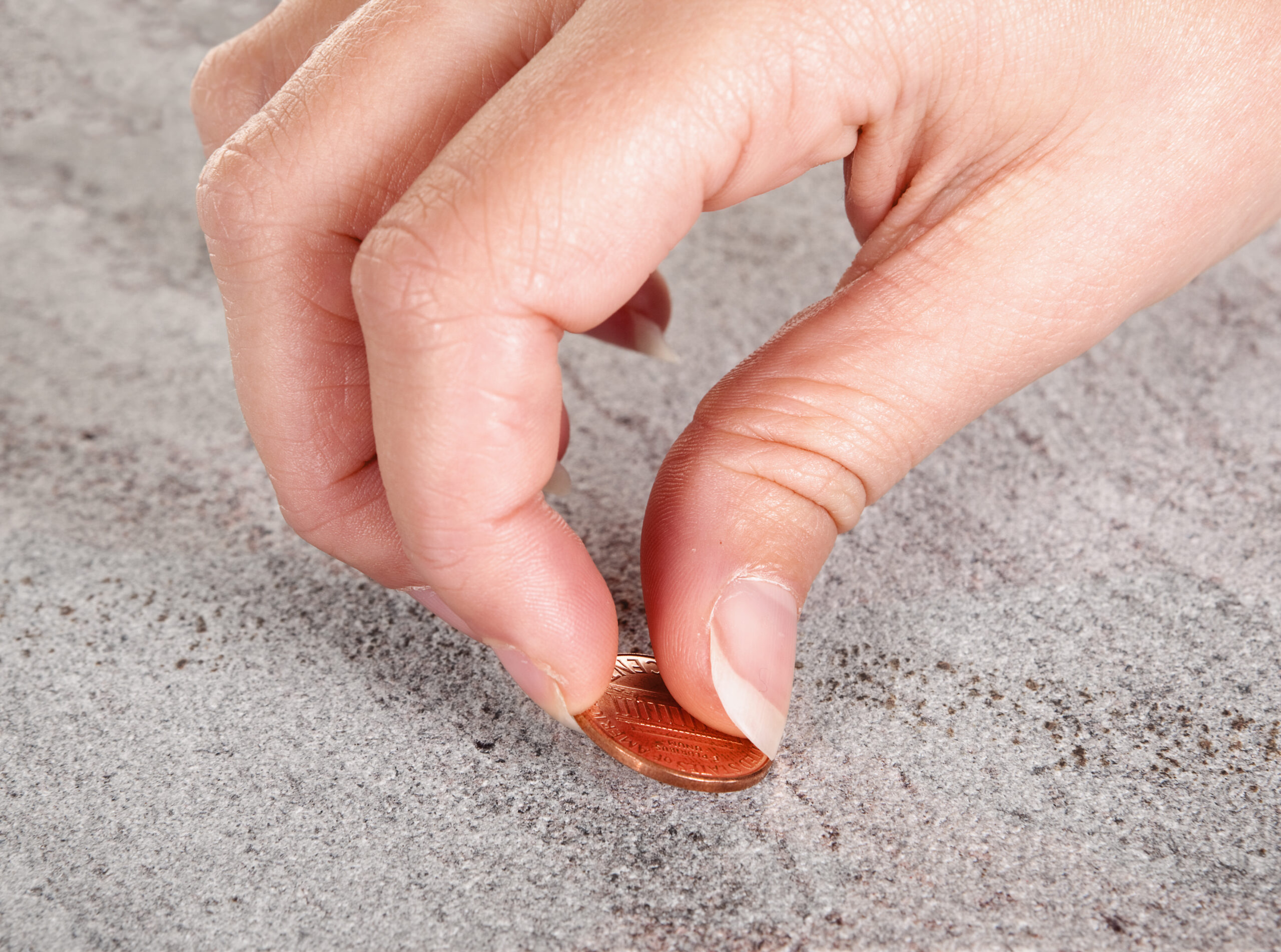National Lucky Penny Day (May 23)

Even the smallest things can carry big meaning—like a single penny.
National Lucky Penny Day, celebrated each year on May 23, is a lighthearted reminder of superstition, symbolism, and simple joys.
Whether you see it as a quirky tradition or just a fun excuse to look down and smile, this day encourages a bit of luck and whimsy. It’s one of the more charming weird holidays in May.

When is the Holiday?
National Lucky Penny Day is observed annually on May 23rd.
Who Invented It?
Its origin is unclear—likely a grassroots celebration sparked by the popular phrase, “Find a penny, pick it up…” and the enduring charm of lucky superstitions.

The History of the Holiday
Pennies have been minted in the U.S. since 1793, but their symbolic role goes deeper. Ancient societies believed metal held protective powers.
Over time, the penny, especially when found heads-up, became a cultural token of luck and good omens, despite debates today about phasing it out due to cost inefficiency.

Top 5 Facts About the Holiday
It’s not just American – Cultures worldwide associate coins with luck, including the practice of tossing coins into fountains.
Heads or tails matters – Heads up = good luck. Tails = some say leave it be.
Pennies from heaven – Some believe found pennies are signs from loved ones who’ve passed.
Birth year pennies – Many think pennies from your birth year carry extra luck.
Production cost > value – It costs more to make a penny than it’s worth, but its cultural value keeps it alive.

Activities to Celebrate
- Penny Scavenger Hunts – Great for families or classrooms. Hide pennies around your home, yard, or school and challenge kids to find as many as they can. Add extra flair by giving bonus points for “heads up” pennies.
- Leave a Penny, Spread the Luck – Leave lucky pennies on benches, playgrounds, library shelves, or next to vending machines. You can even write a quick note: “This one’s for luck!”
- DIY Penny Crafts – Try making a penny tray, framed art, coasters, or even jewelry using glue and some creativity. It’s a great hands-on activity for all ages.
- Start a Penny Savings Challenge – Add 1 penny on day 1, 2 pennies on day 2, and so on. It’s a fun math activity that teaches compound growth and saving.
- Penny Journaling Prompt – Write about a time when you felt lucky or something small made a big difference. Tie it into the theme of luck and gratitude.
- Coin Education Time – Use this day to teach kids about U.S. currency history, Abraham Lincoln, or the cost of minting pennies today.
- Lucky Penny Party – Set up a simple party with copper-colored decorations, penny toss games, and share superstitions from around the world.

**This post may contain affiliate links. As an Amazon Associate and a participant in other affiliate programs, I earn a commission on qualifying purchases.**
Links to Resources
- DIY Penny Tray – Turn spare pennies into a decorative tray. A simple craft that’s great for kids and adults.
- Penny Savings Challenge Tracker – Printable savings tracker that builds a habit of saving—starting with just a penny a day.
- How Much Is 1 Million Pennies Worth? – Use this as a real-world math prompt. Helps kids visualize big numbers in a fun way.
- Identify Coins Worksheets – Help young learners recognize and name coins with these free printable worksheets.
- Lucky Penny Keychain – A small keepsake with “Find a penny, pick it up…”—great gift idea or classroom prize.
- Copper Coin Polishing Cloth – Ideal for keeping older pennies or coin collections looking their best.
- Penny Album – Store and organize your elongated coins in this themed collector book. Ideal for souvenir hunters or budding numismatists.

Pin it!
Share this post about National Lucky Penny Day on Pinterest!

